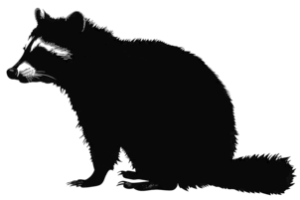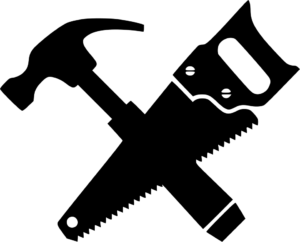“Took care of our skunk problem quickly and efficiently.”
Hear what Los Angeles residents say about our skunk removal services
Since 1989, All City Animal Trapping has protected Los Angeles residences and businesses from unwanted wildlife like skunks. Our satisfied customers praise our fast, professional service and lasting results.
EXCELLENTVerified If I could give more than 5 stars I would! The whole process couldn't have been easier! I contacted them this morning about a dead opossum in my yard and less than 2 hours later Jorge has been by and has taken care of the whole thing. The price was extremely reasonable especially since it's a Sunday morning in the middle of the holiday week. I've bookmarked them for any future needs. Thank you so much All City Animal Trapping!Verified If you need dead animal removal, CALL THESE GUYS!!. I would give Sandy from All City Animal Trapping 6 stars if I could! We are in Glendale, had an awful dead animal smell coming from under the house. We located the general area but couldn't find the culprit. Sandy returned my call promptly, and set up an appointment for the next morning (Saturday before Christmas) He updated me with a text me when he was on his way from his previous appointment. He was courteous and friendly. He found and removed the offending dead rat, and cleaned the area all in about 20 minutes! Now we can have Christmas with a normal smelling house! If I ever need animal trapping or removal services in the future, I know who to call! . Thank you, Sandy and All City Animal Trappind!Verified Reliable and Valuable. Called about humane relocation services after the company we initially hired and set a trap with admitted they only euthanize. All City Animal Trapping was at my house within 20 minutes, safely removed the skunk from the cage trap and was on its way to be relocated. Highly recommend this company if you care about the well being of animals.Verified I called ACAT on Monday after trapping a pesky skunk Saturday night with a trap that my gardener set. The next day Bob from ACAT came out before 9:00am to pick up the skunk! Bob handled the job like an expert, he even reset and added bait to the trap ... and BOOM, we caught the mate to the first skunk that night! I texted this morning and within 2 hours Bob was here to pick up skunk #2!! Great SERVICE and fast pick up! Thank you again, Bob!! Helen CVerified Found the dead opossum under our house that was causing the smell. Made recommendations that will help avoid future animals under there. Also he had a cool shirt. Great experience.Verified First off I was really happy that Jorge was able to fit us into his route so quickly. He was able to set humane rat traps underneath the house and even offered to close up any unnecessary gaps that could continue the issue from reoccurring.Verified Definitely recommend! Sandy was very patient and kind - he followed up consistently, especially after having to come back a second, and third time to remove the raccoons in my attic! - I will definitely use this company and their service again ! - Thank You !!Verified All city animal trapping is awesome. They took care of the pests with a can do attitude. I recommend them.





















